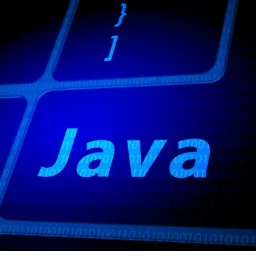Become An Expert In Java: Learn JDK, JRE, and JVM
Developers must consider the key differences between JDK, JRE, and JVM. In this article, we will precisely discuss what the differences are between these three and how they relate to each other in the software development ecosystem.
What is JDK?
JDK is also known as Java Development Kit. It has multiple options for downloading and installing.
JDK is one of the most popular programming languages that have a large set of features that can be used to build different types of applications and tools.
JDK is a free, open-source, cross-platform framework for developing computer software. It was developed by Sun Microsystems as an alternative to the Microsoft Windows operating system and has since been adopted by most Linux distributions.
JDK is a general-purpose programming language that can be used to develop applications or other software components such as device drivers, text editors, or web servers.
What is JRE?
The Java Runtime Environment is a system designed by Oracle to provide users with a software environment and set of libraries that can be used to run programs written in the Java programming language.
Programs written in the Java programming language are usually packaged as JRE files. These files have a file extension of *.jar.
The JRE file format was developed to make it compatible with older operating systems, including DOS-based systems, which were not able to handle the then-new *.jar file format.
JRE stands for Java Runtime Environment and these files are downloaded by users when they first use an application written in the Java language.
What is JVM?
Java Virtual Machine, also known as JVM, is a software implementation of the Java platform. It was originally developed by Sun Microsystems and is now maintained by Oracle Corporation, which acquired Sun in 2010.
The JVM makes it possible to pass Java code to other applications without having to run it on the same hardware that they are running on. With this feature, Java can be used as a programming language for servers and as an application development platform for mobile devices.
The JVM performs the following operations:
- Loads code
- Verifies code
- Executes code
- Provides runtime environment
Conclusion
It’s important to learn the differences between all these 3 core areas in Java to be able to execute them well in your practice. Hope this article helped you understand the basics!


